|
This week France’s Emmanuel Macron has been hosting African leaders and global funding organisations in a summit designed to mobilise resources for a continent in recession due to COVID-19. Far removed from headline-grabbing initiatives such as special drawing rights and new debt relief arrangements, novel efforts are being pioneered on the ground to raise money for social welfare projects. One such initiative is social impact bonds, under which investors provide working capital upfront to nongovernmental organisations to deliver services. Repayments are made according to targets being met. Zoheb Khan assesses how two of only a handful in the world have fared in South Africa.
While world leaders focus on the dangers of climate change in the far north at this week’s Arctic Council meetings, disturbing new research points to an even greater threat at the other end of the Earth.
Countries are on pace to pump enough greenhouse gas emissions into the atmosphere to push Antarctica’s ice sheet past a climate tipping point around 2060, with ice loss that will be irreversible into the next century and beyond, a new study warns. Ice and ocean scientists Julie Brigham-Grette and Andrea Dutton explain the findings and point out the flaw in political arguments that suggest the world can safely exceed 2 degrees Celsius of
warming and count on technology to dial back the temperature later.
|
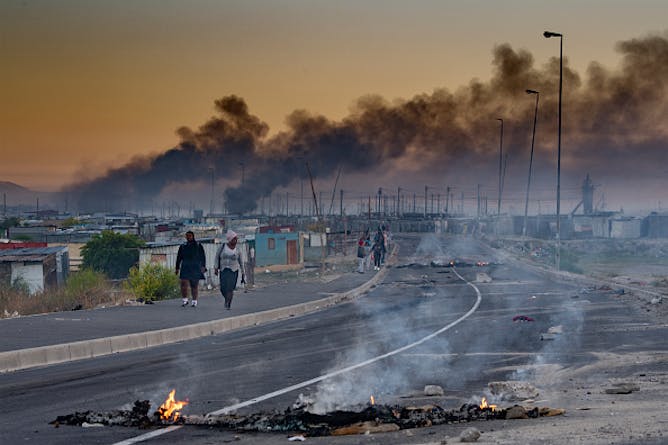
Delft after protests against the local government. One of South Africa’s first social impact bonds funded a project in the town.
Jaco Marais/Gallo Images via Getty Images
Zoheb Khan, University of Johannesburg
Two social impact bonds that have concluded in South Africa showed that they got innovation going where it was desperately needed.
|
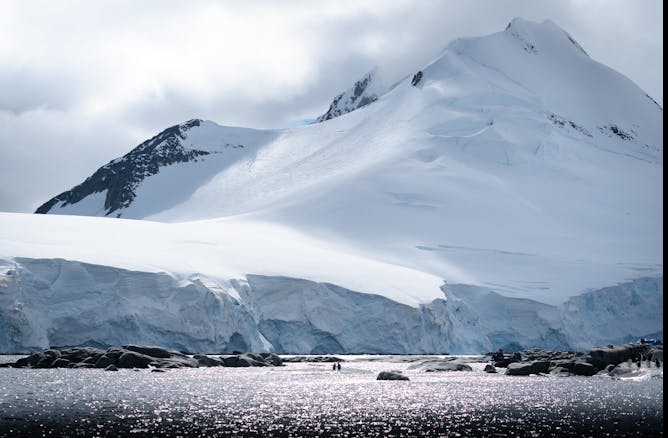
The big wildcard for sea level rise is Antarctica.
James Eades/Unsplash
Julie Brigham-Grette, University of Massachusetts Amherst; Andrea Dutton, University of Wisconsin-Madison
If emissions continue at their current pace, Antarctica will cross a threshold into runaway sea rise when today’s kids are raising families. Pulling CO2 out of the air later won't stop the ice loss.
|
Politics + Society
|
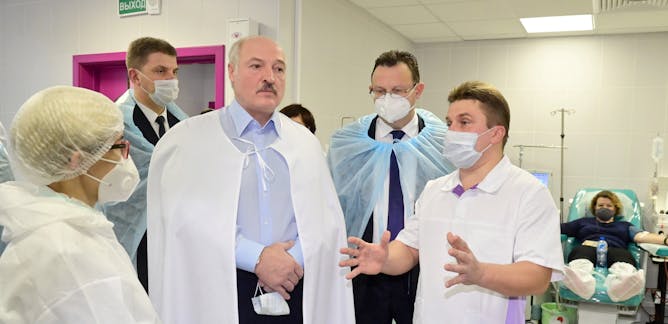
Sumit Ganguly, Indiana University; Dorothy Chin, University of California, Los Angeles; Elizabeth J King, University of Michigan; Elize Massard da Fonseca, Fundação Getulio Vargas; Salvador Vázquez del Mercado, Centro de Investigación y Docencia Económicas; Scott L. Greer, University of Michigan
The pandemic's not over yet, but these world leaders have already cemented their place in history for failing to effectively combat the deadly coronavirus. Some of them didn't even really try.
| |

Beth D. Packer, Tufts University; Juliana Friend, University of California, Berkeley
The Senegalese culture of discretion, called "sutura", inhibits survivors of sexual violence from publicly denouncing perpetrators.
|
|
|
Arts + Culture
|
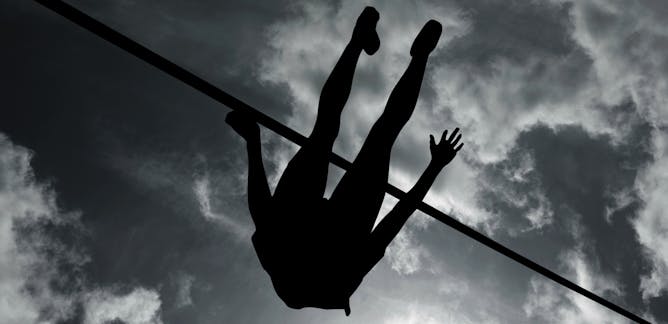
Ine Van Caekenberghe, Ghent University
Gusimbuka athletes could jump very high, probably due to their inherent talent, which was recognised early and developed further.
| |
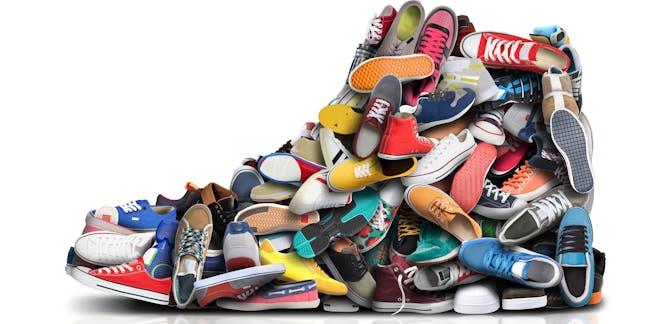
Naomi Braithwaite, Nottingham Trent University
As sneakers have gone from sportswear to fashion item, the market for the shoe has exploded.
|
|
|